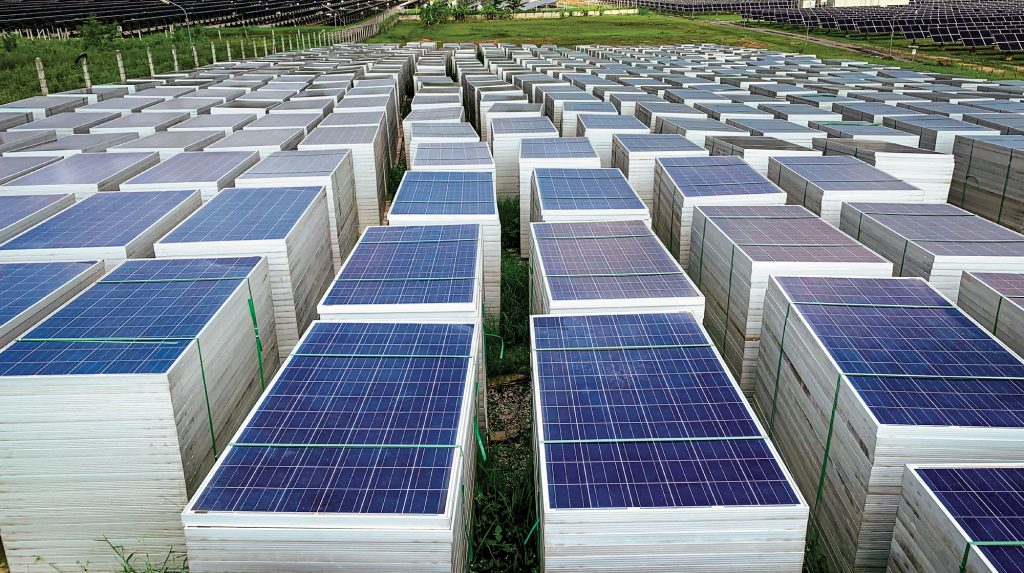Bright Ideas for Business – Maximizing Returns with Solar Panel Integration
In today’s dynamic business landscape, sustainability has become a core pillar of success. One of the most impactful ways businesses can embrace sustainability while maximizing returns is through the strategic integration of solar panels. This innovative approach not only reduces environmental impact but also brings significant financial benefits and enhances corporate reputation. Let’s delve into the bright ideas that businesses can leverage to maximize returns with solar panel integration.
Cost Savings and Energy Efficiency – Solar panels offer a compelling opportunity for businesses to reduce energy costs significantly. By harnessing the power of the sun, companies can generate clean electricity on-site, offsetting traditional energy consumption. This translates into lower utility bills and long-term savings, contributing directly to the bottom line.

Government Incentives and Tax Benefits – Governments around the world are incentivizing businesses to adopt renewable energy solutions like solar panels. These incentives may include tax credits, rebates, and grants aimed at offsetting the initial investment and accelerating the ROI. By taking advantage of these programs, businesses can amplify their returns while aligning with sustainability goals.
Revenue Generation through Net Metering – Net metering allows businesses to sell excess solar energy back to the grid, creating an additional revenue stream. This not only reduces reliance on grid-supplied electricity but also turns solar panels into revenue-generating assets. The ability to monetize surplus energy enhances the overall return on investment and boosts financial resilience.
Enhanced Brand Image and Customer Loyalty – Consumers are increasingly drawn to businesses that demonstrate environmental stewardship. Integrating solar panels showcases a commitment to sustainability, enhancing brand image and attracting eco-conscious customers. This positive perception translates into increased customer loyalty and a competitive edge in the market.
Mitigating Energy Price Volatility – Traditional energy sources are susceptible to price fluctuations influenced by geopolitical events and market dynamics. Solnet Solar energy, on the other hand, provides stability and predictability in energy costs. By hedging against energy price volatility, businesses can better forecast expenses and improve financial stability.
Future-Proofing Against Regulatory Changes – Regulatory landscapes are evolving to prioritize renewable energy and carbon reduction initiatives. Businesses that proactively integrate solar panels position themselves ahead of regulatory changes. This proactive approach not only ensures compliance but also avoids potential penalties or constraints associated with non-compliance.
Resilience and Business Continuity – Solar panels contribute to building resilience by providing a reliable source of electricity, especially during grid outages or disruptions. This enhances business continuity, reduces downtime, and mitigates risks associated with energy interruptions. The reliability of solar energy strengthens operational resilience and safeguards critical business functions.
Green Marketing Opportunities – Solar panel integration opens doors to impactful green marketing campaigns. Highlighting sustainability initiatives, such as solar adoption, resonates with environmentally conscious consumers and fosters positive brand associations. Leveraging green marketing opportunities not only attracts new customers but also strengthens relationships with existing ones.
Employee Engagement and Morale – Demonstrating a commitment to sustainability through solar panel integration boosts employee morale and engagement. Employees feel proud to work for a company that prioritizes environmental responsibility, leading to higher job satisfaction and productivity. Engaging employees in sustainability efforts fosters a positive organizational culture and drives collective success.